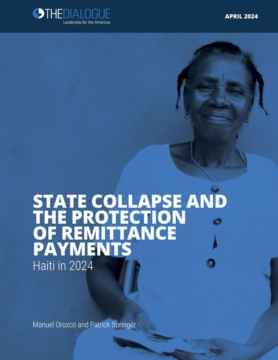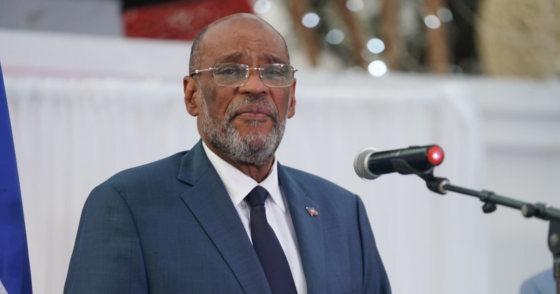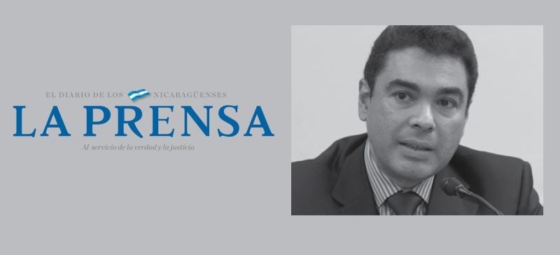
State Collapse and the Protection of Remittance Payments
On April 9, 2024, the Inter-American Dialogue released the report “State Collapse and the Protection of Remittance Payments.” The report, produced by Manuel Orozco, director of the Migration, Remittances, and Development program, and Patrick Springer, program associate, examines the extent to which the current crisis in Haiti can be characterized as state failure. The report examines state failure in Haiti, its effects on the daily lives of Haitians, the Haitian economy, and how it is impacting remittance systems in the country and concludes with a strategy for ensuring successful and safe remittance transfers to the Caribbean nation.






















